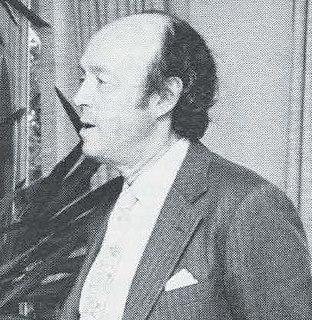A Quote by Rush Limbaugh
Between 1965 (the beginning of LBJ's "Great Society") and 1994, welfare spending has cost the taxpayers $5.4 trillion in constant 1993 dollars. The War on Poverty has cost us 70 % more than the total price tag for defeating both Germany and Japan in World War II, after adjusting for inflation. Many believe that Welfare has destroyed millions of families and cost a huge portion of our national wealth in the process.
Quote Topics
Adjusting
After
Beginning
Believe
Between
Both
Constant
Cost
Defeating
Destroyed
Dollars
Families
Germany
Great
Great Society
Huge
Inflation
Japan
Lbj
Many
Millions
More
National
Our
Portion
Poverty
Price
Price Tag
Process
Society
Spending
Tag
Taxpayers
Than
Total
Trillion
Us
War
War On Poverty
Wealth
Welfare
World
World War
World War I
World War II
Related Quotes
World War II revealed two of the enduring features of the Keynesian Revolution. One was the moral difference between spending for welfare and spending for war. During the Depression very modest outlays for the unemployed seemed socially debilitating, economically unsound. Now expenditures many times greater for weapons and soldiers were perfectly safe. It's a difference that still persists.
I said earlier [2015] year that I thought we'd get to 10 or 20 bucks [per barrel ] because that's the marginal cost, and when you're in a price war, it's the marginal cost that determines the price.It is a price war because basically the OPEC reason did not cut production in their November 2014 meeting was that they got tired of cutting production and having American frackers and Russians et cetera grab market share.
If you look at the expenses of a great pharmaceutical company, they pay between about 10 to 15 percent of their expenses for research, but they use 30 to 40 percent of their incomes for marketing and promotion. It is not completely wrong that they spend so much, but it is not correct to say that there is a direct connection between the price of drugs and the cost of research. It could be more between the cost of marketing and the cost of the drugs.
It cost about 75 cents to kill a man in Ceasar's time. The price rose to about $3,000 per man during the Napoleonic wars; to $5,000 in the American Civil War; and then to $21,000 per man in World War I. Estimates for the future wars indicate that it may cost the warring countries not less than $50,000 for each man killed.
However, there is a fundamental difference between the issue related to Japan's history and our negotiations with China. What is it all about? The Japanese issue resulted from World War II and is stipulated in the international instruments on the outcomes of World War II, while our discussions on border issues with our Chinese counterparts have nothing to do with World War II or any other military conflicts. This is the first, or rather, I should say, the second point.



































